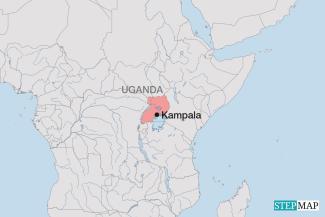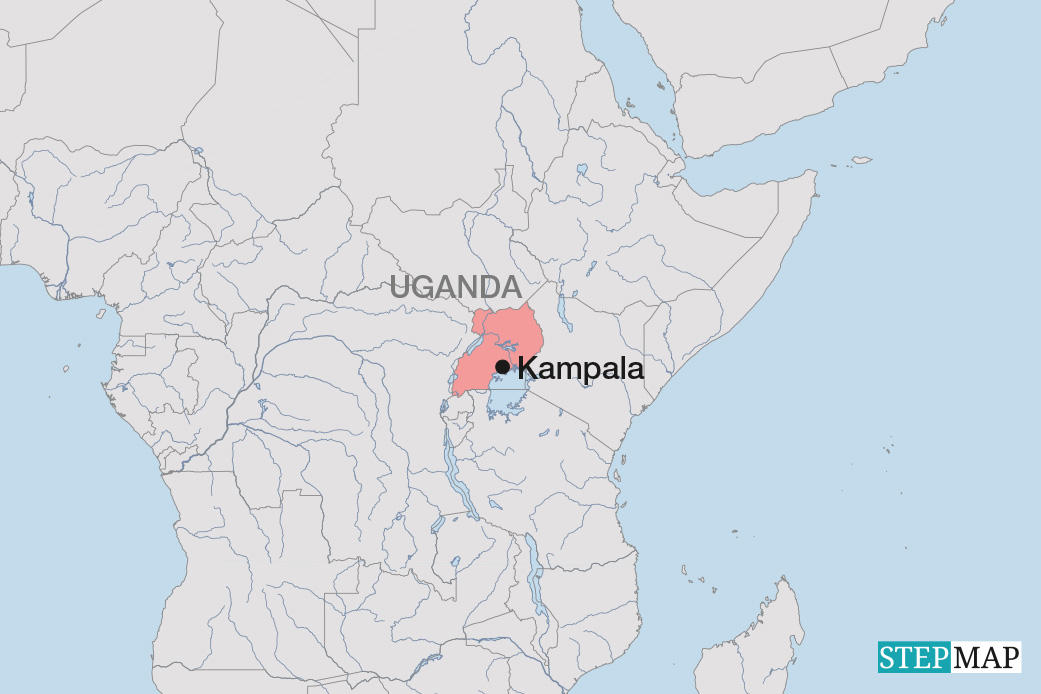Traffic
Road safety remains a major concern in Uganda

Road safety remains a major concern in Uganda. In 2024 alone, the country recorded 25,107 road crashes – a 6.4 % increase compared to previous years. These incidents resulted in 25,808 casualties, up from 24,728 in 2023, despite ongoing government and civil-society efforts to reduce accidents. 4434 of the crashes were fatal.
“This is not a small number. It is a big number, and these fatalities have crossed a red line,” said Lawrence Niwabiine, director of Uganda’s traffic police.
A range of factors contribute to the high accident rate. Reckless driving, poor road conditions, inadequate safety education and corruption are all part of a wider systemic issue. Urban areas, where traffic is dense and often chaotic, are particularly affected.
Pedestrians remain especially vulnerable. Many assume that drivers will notice and react to them, yet this is not always the case – especially when pedestrians step onto the road from behind parked vehicles or cross unexpectedly.
Other major contributors include alcohol consumption, unqualified drivers and aggressive behaviour by operators of buses, lorries and other large vehicles. Impaired driving continues to be a serious risk on Ugandan roads.
Corruption within the traffic police further undermines road safety. Officers are frequently accused of accepting bribes in exchange for overlooking traffic violations or allowing unroadworthy vehicles to continue operating. This erosion of accountability allows dangerous conditions to persist unchecked.
Improper parking – particularly at night – poses an additional hazard. Vehicles left without hazard lights or warning signs often go unnoticed until it is too late for approaching drivers to react.
According to traffic-police spokesperson Michael Kananura, greater personal responsibility is key. “All road users ought to be considerate and responsible by embracing traffic rules and regulations as stated in the Highway Code to reach their destinations safely,” he states.
In response to the growing crisis, the government has taken a number of steps. These include infrastructure improvements, public education campaigns and the formation of a presidential taskforce to address corruption within the traffic police. Moreover, television and radio stations continue to broadcast safety-awareness programmes aimed at encouraging behavioural change.
Creating safer roads in Uganda will require a sustained commitment from both authorities and the public. Improved enforcement, better infrastructure and greater awareness of traffic laws are all necessary. Reducing accidents will not happen overnight – but through collective effort, the country can make Uganda’s roads safer for pedestrians and motorists alike.
Mathias Galabuzi is a student of Chinese and Asian studies at Makerere University Kampala.
galabuzimathias@gmail.com















